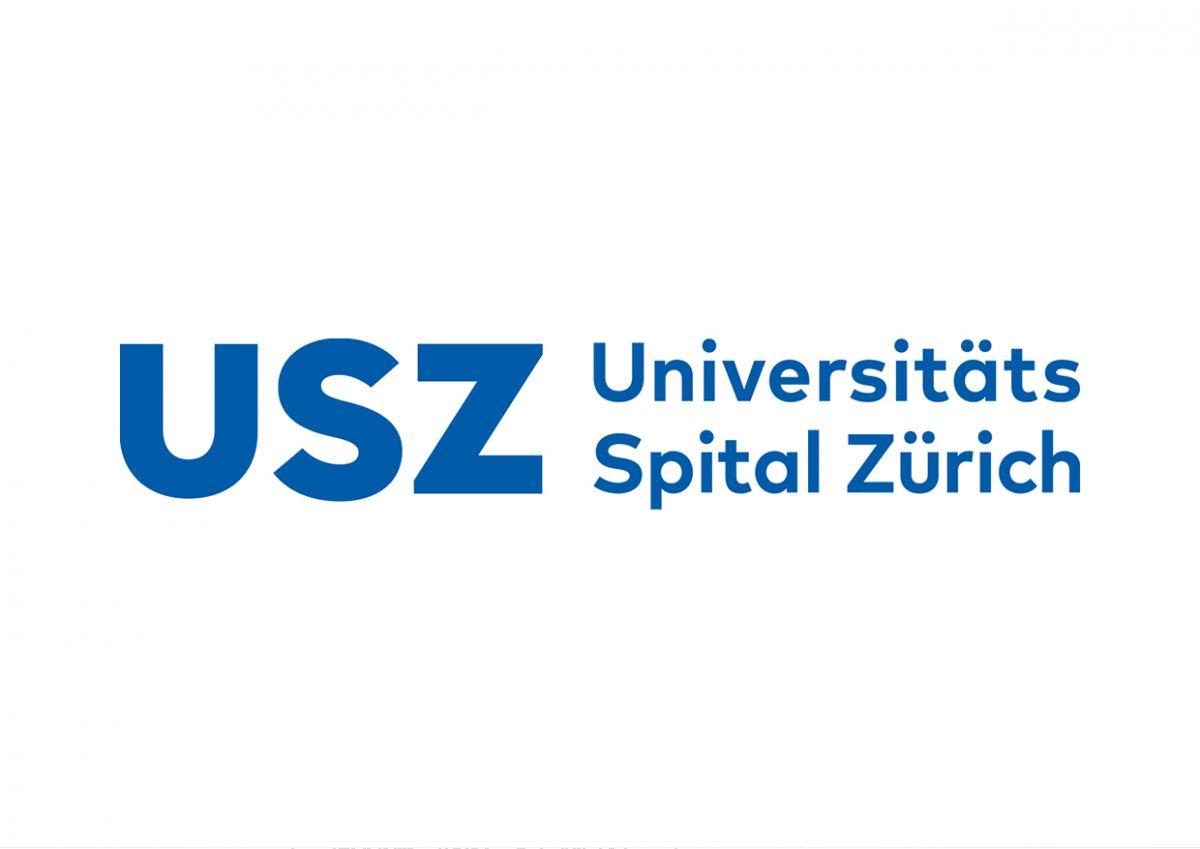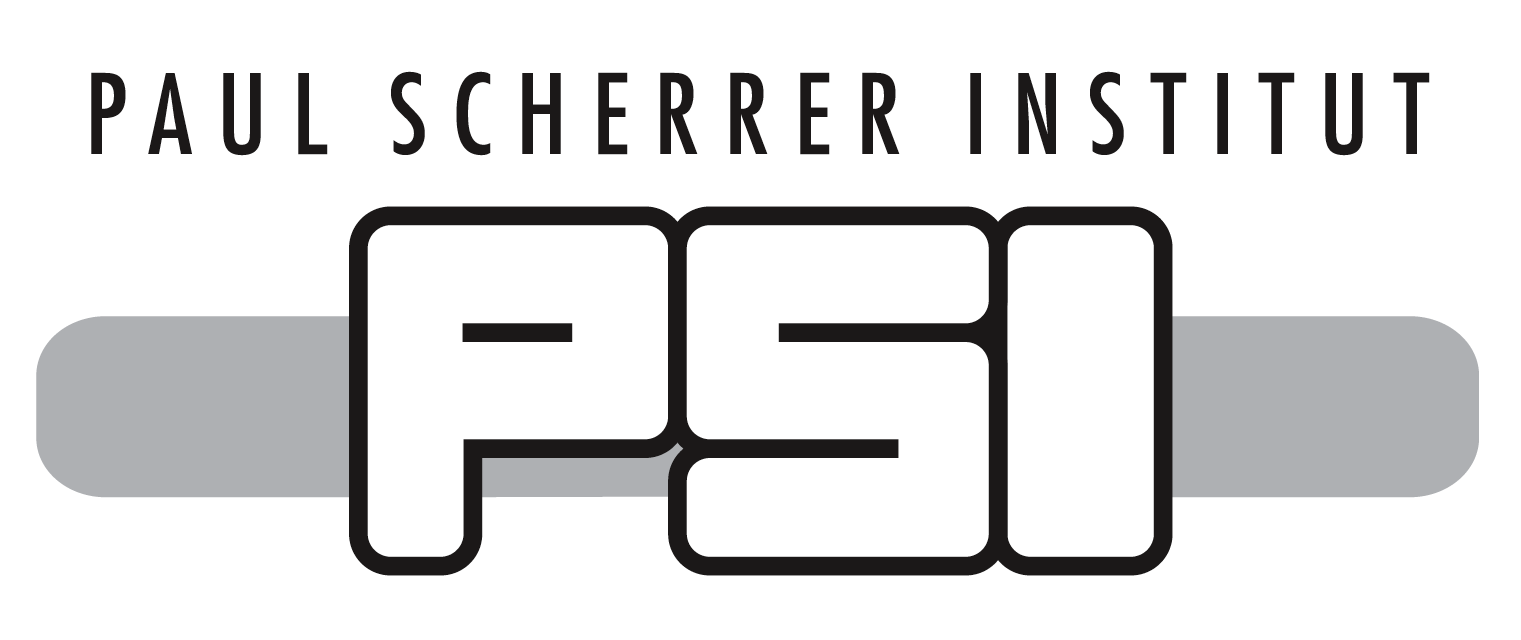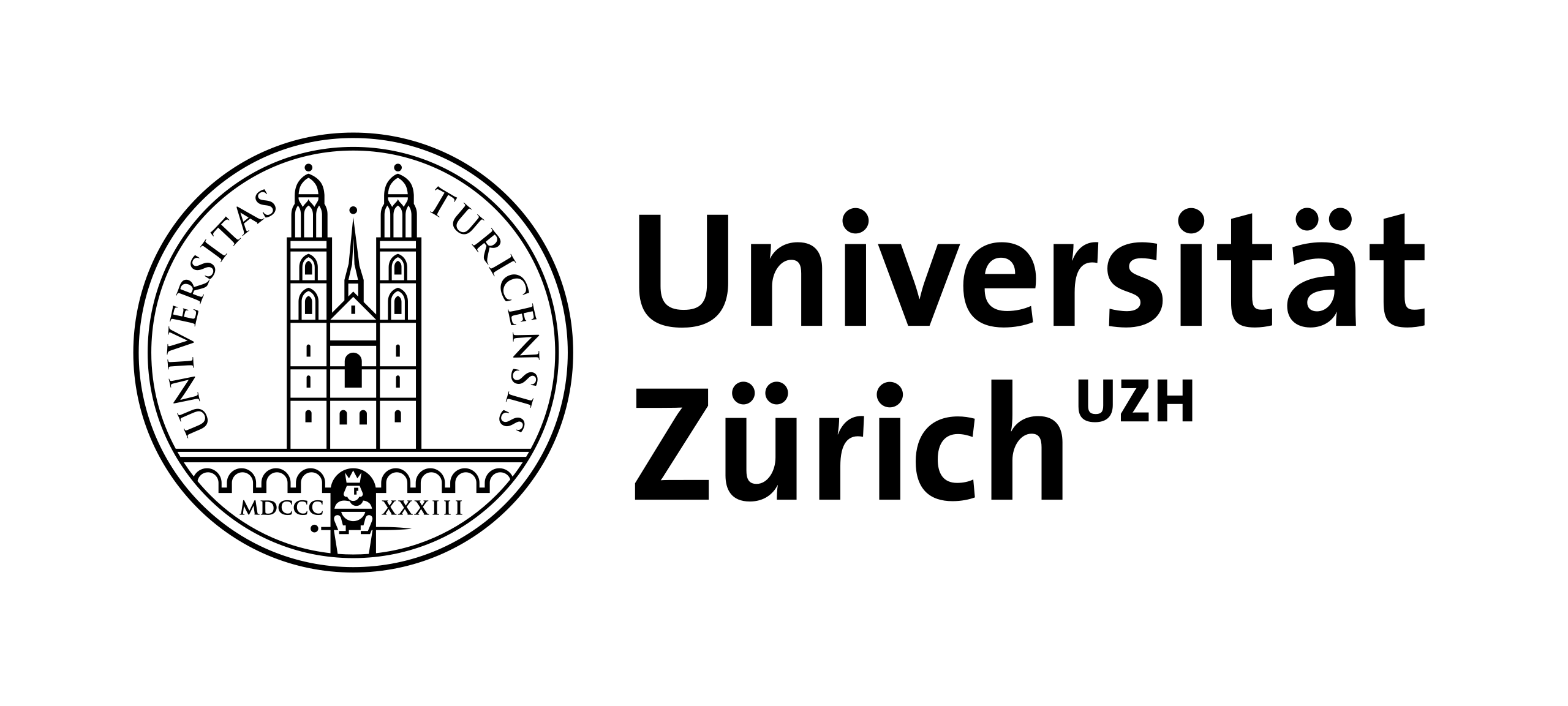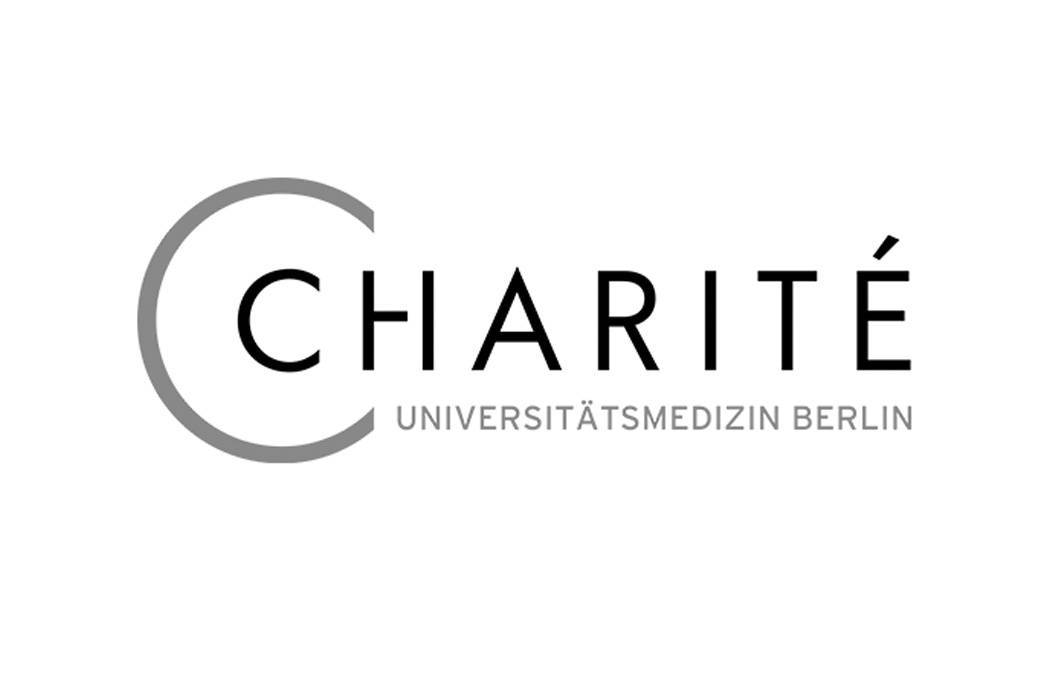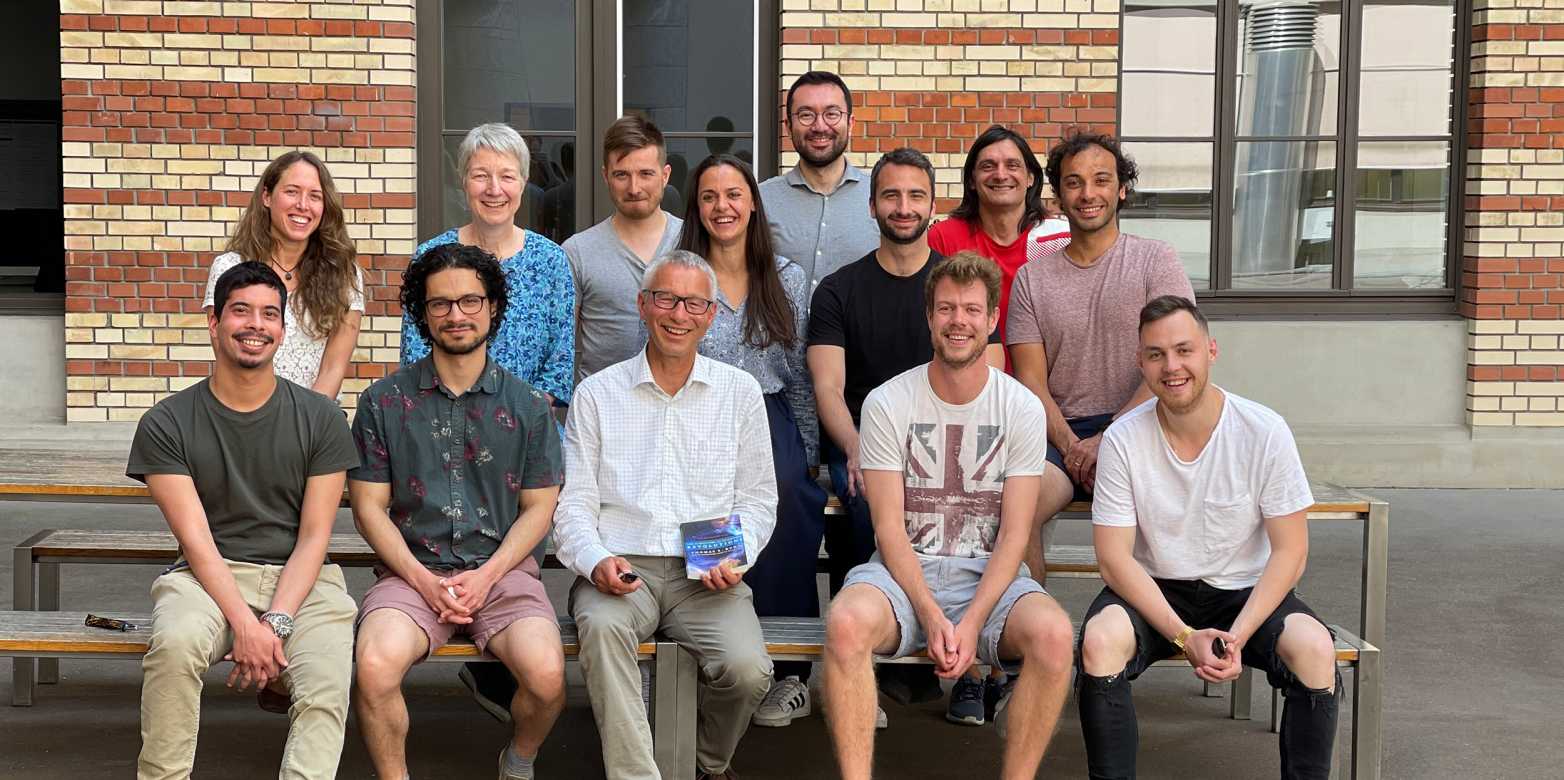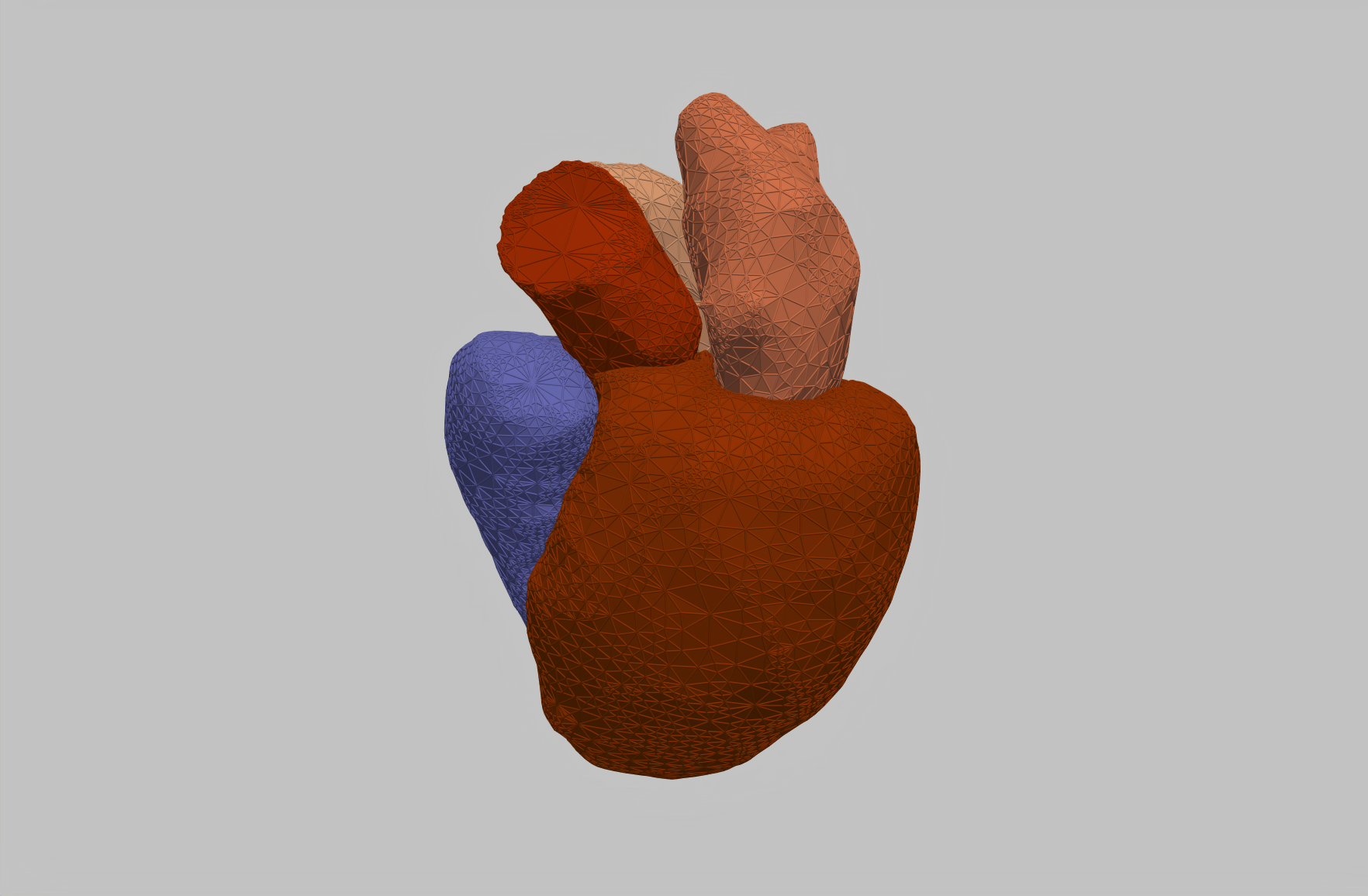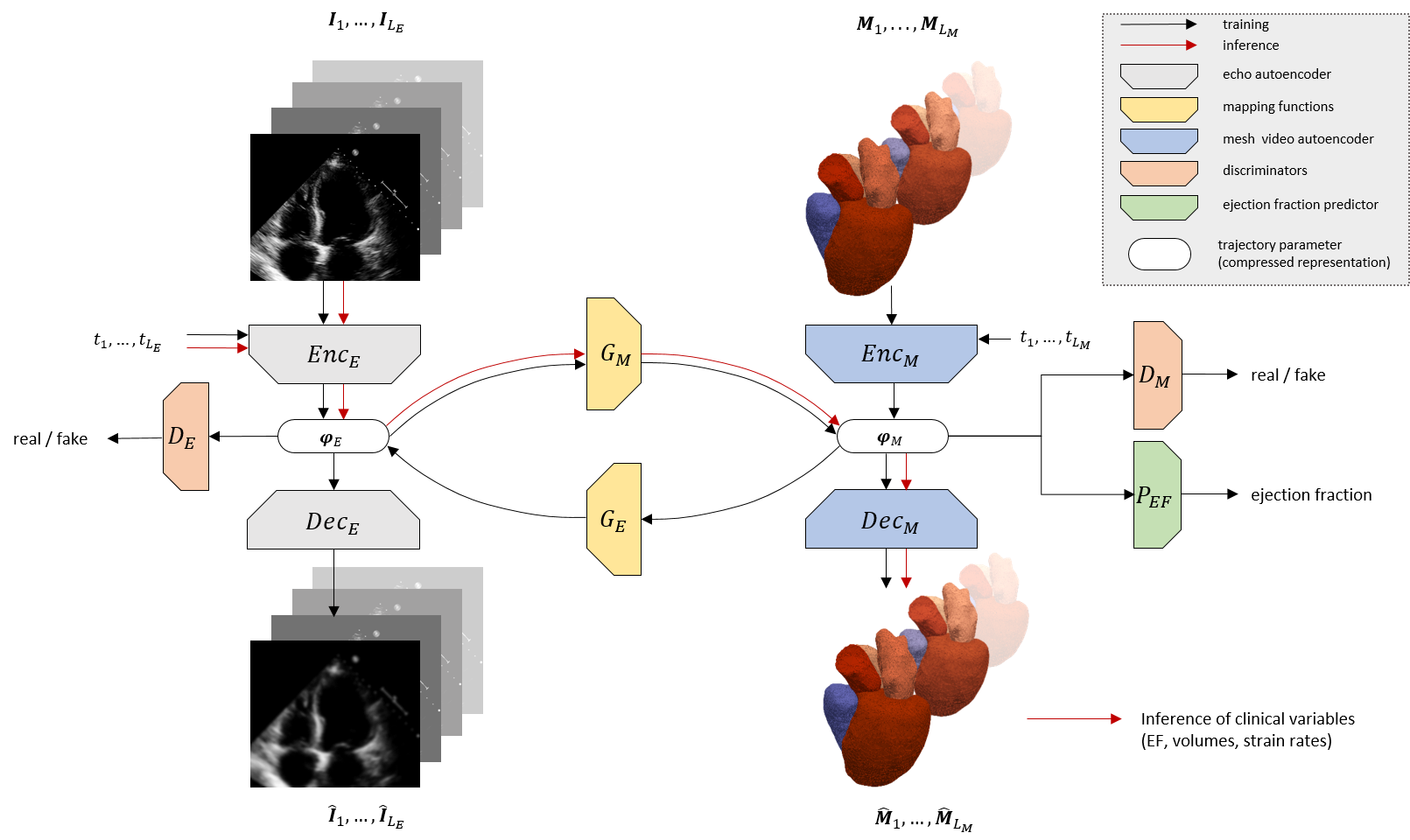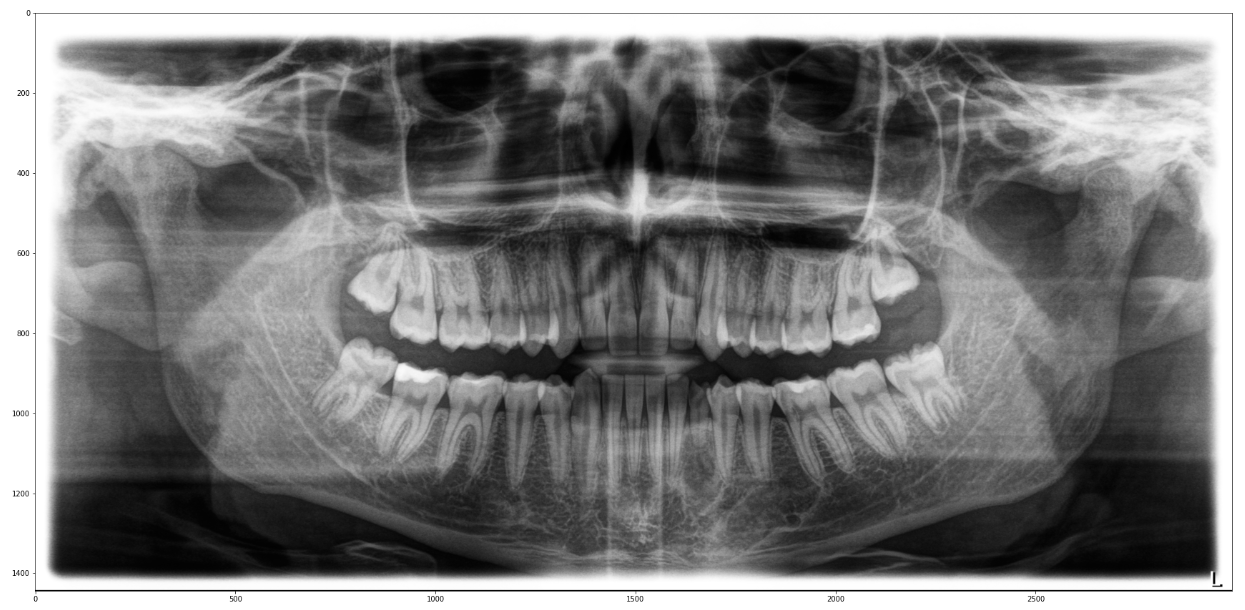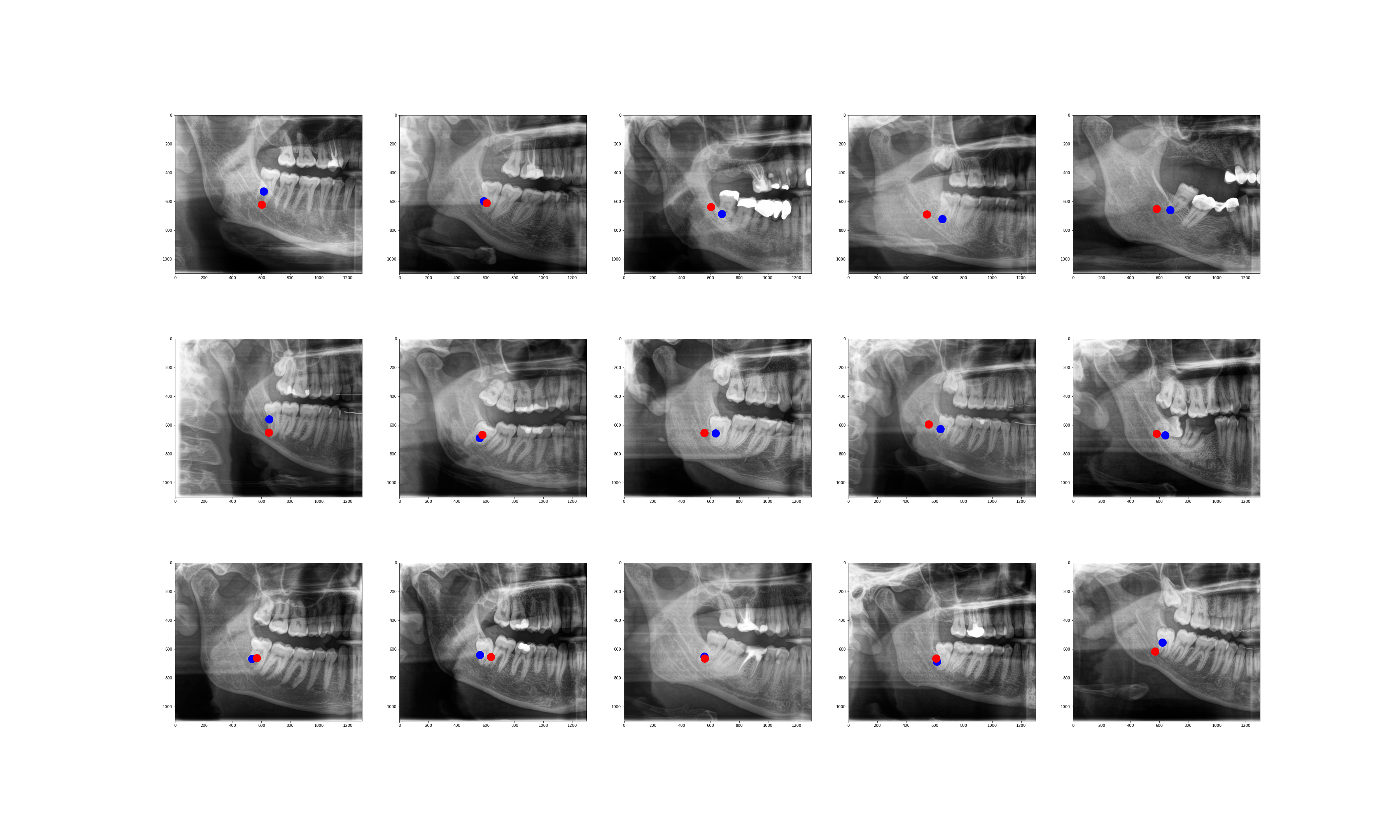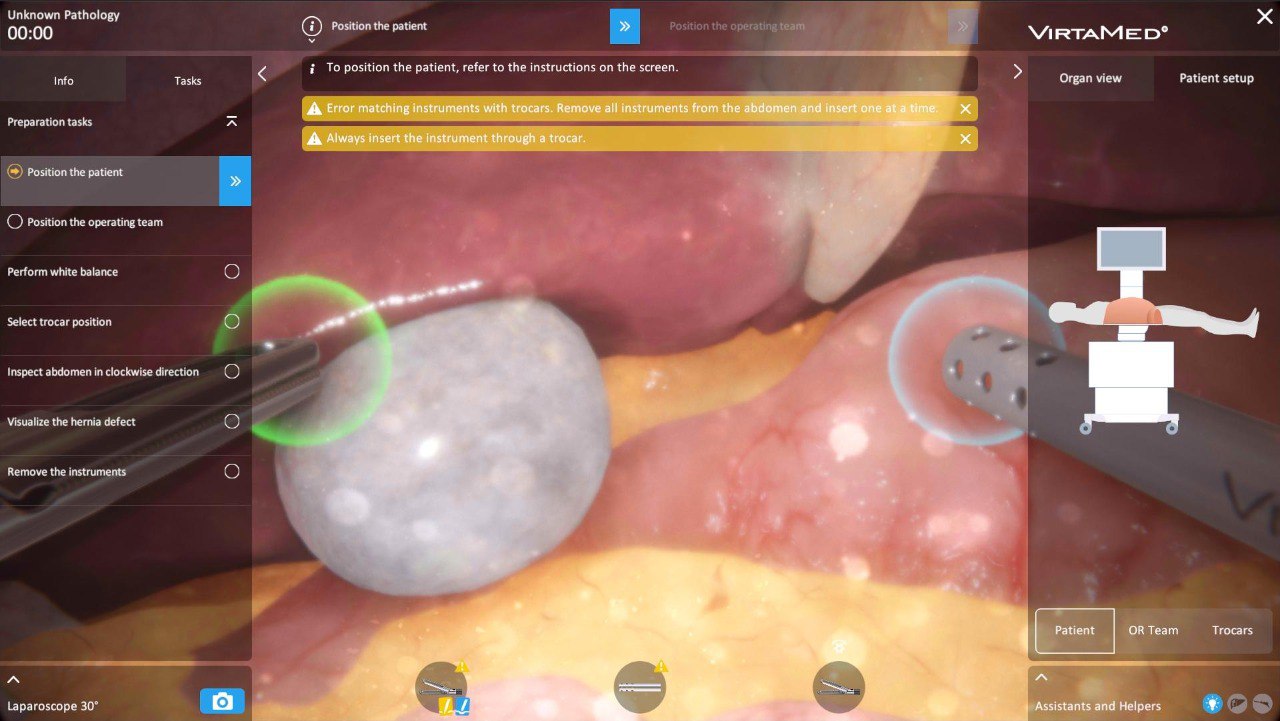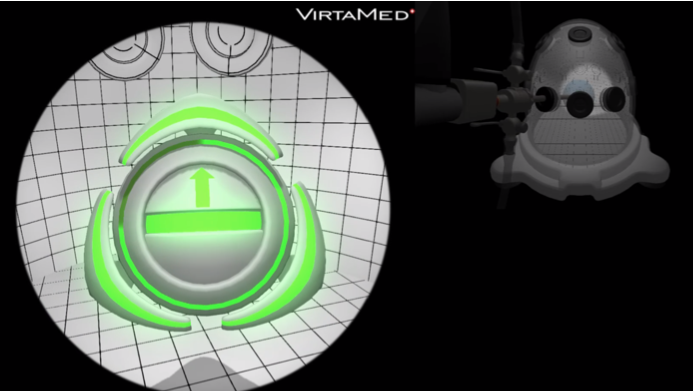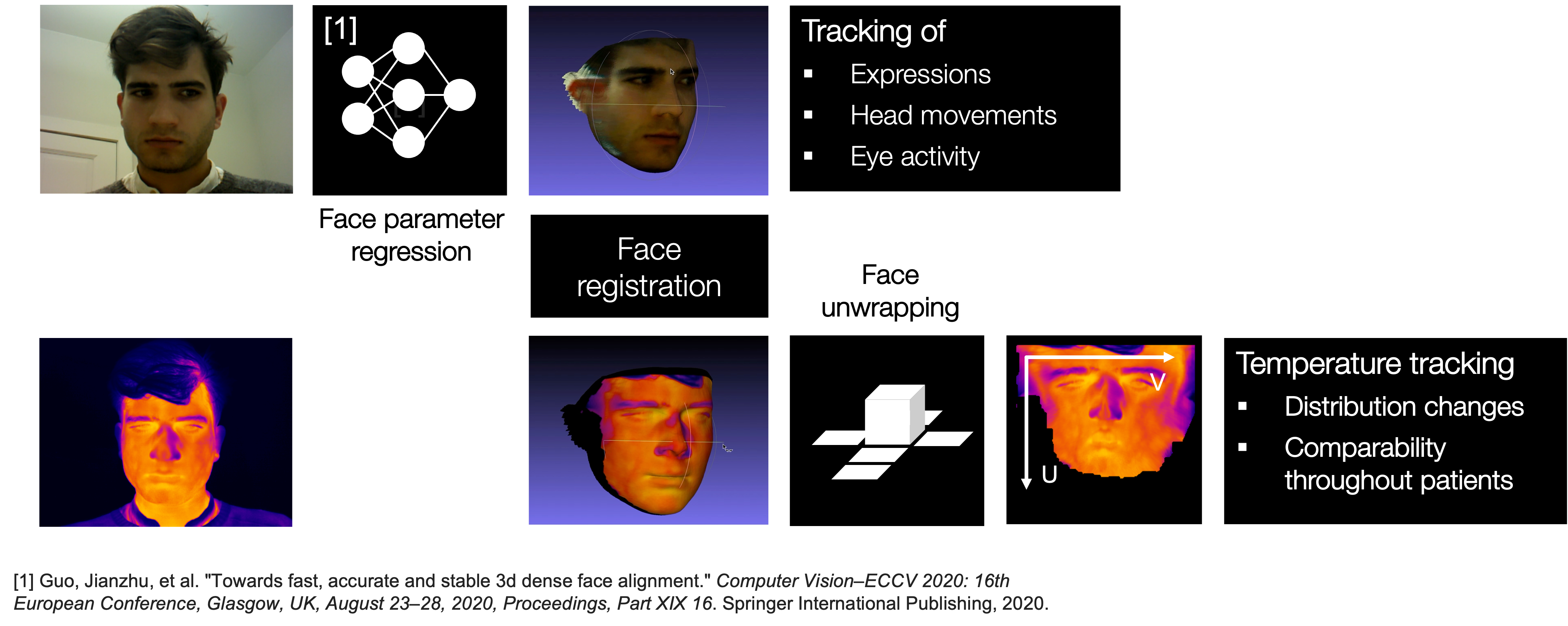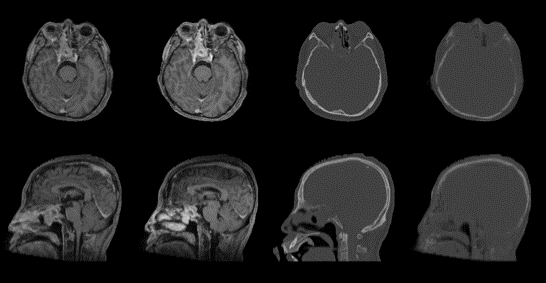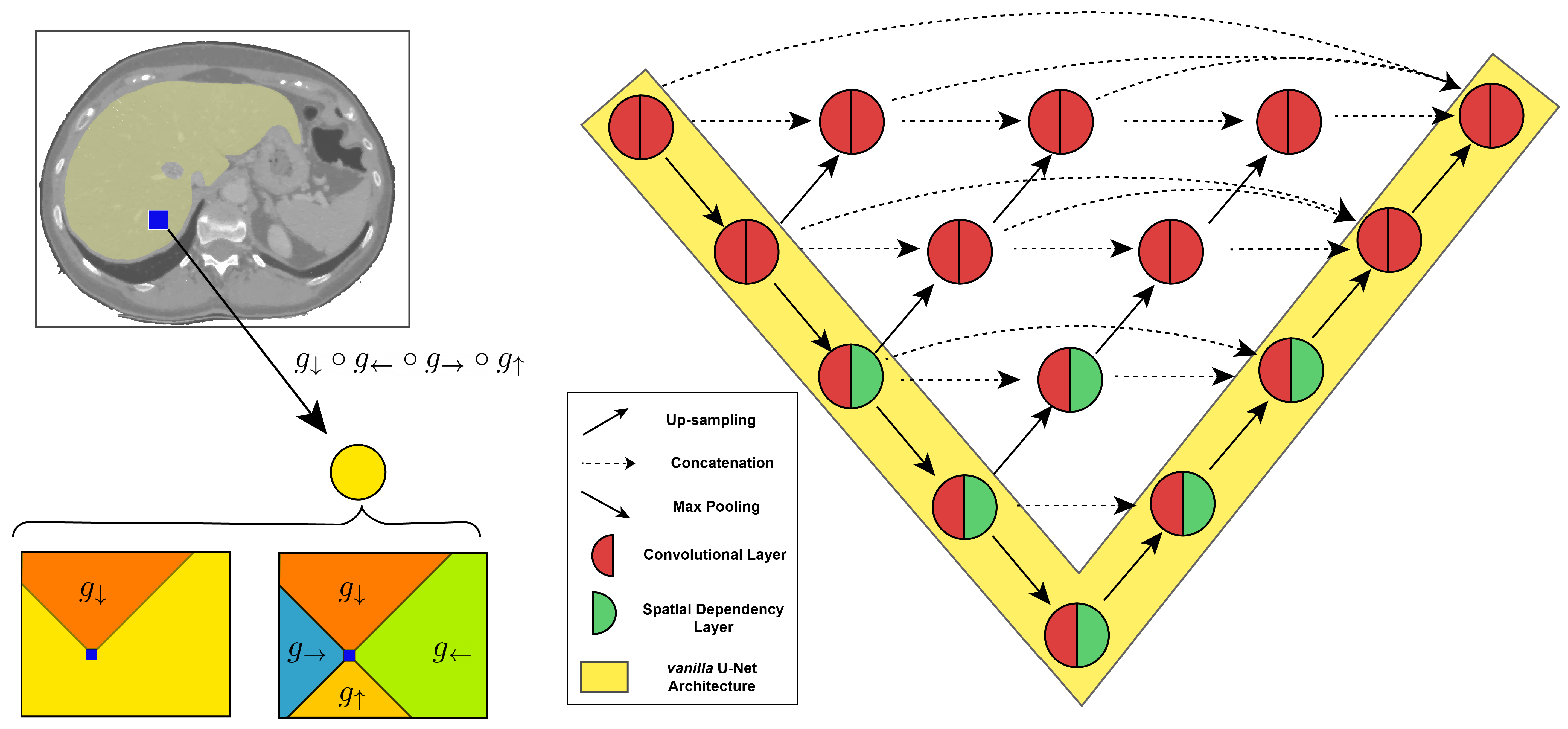
We perform teaching and research in machine learning strategies for the pattern analysis of various kinds of data. This comprises statistical models for clustering, graphical models for network inference and algorithmic methods to efficiently find these structures in the data.
Our Focus Areas
Statistical Learning Theory
We study the statistical and algorithmic principles behind learning from various kinds of data. Model selection and the notion of model complexities are key issues in our research.
Inverse Reinforcement Learning
A principled approach in reinforcement learning to design of an appropriate reward function is to tackle the issue by inferring the reward function from recorded demonstrations performed by experts assumed to be acting optimally in a particular environment, thus performing the desired behaviour.
Domain Generalisation
Identifying the right invariance that allows for generalization to utterly unseen domains is crucial for robust deployment of the models in practice and combating distributional shift. We study invariant structures in the solution space that enable knowledge transfer.
Interpretable Machine Learning
Interpretable ML aims to render model behavior understandable by humans, which lies at the heart of human-machine interaction. We are utilizing these explanations for model debugging & fairness, robustness and knowledge discovery.
SOLA
Every year we participate at SOLA run as Boosted Weak Learners to demonstrate our exceptional performance. In 2024, after 16 years of training on GPUs we made it to the first 100 teams, ranked 78. This could not be achieved without the help of weaker learners from Prof. Andreas Krause's Lab! Take a look at here

Publications
Recent publications
About Us
Meet the teamWe are data scientist with background in physics, electrical and mechanical engineering, computer science and biology. We work at the intersection of theory and medical applications.
1
Professor
1
Administration
2
Senior Researchers
6
Doctoral Students
Group Collaborators and Affiliates

